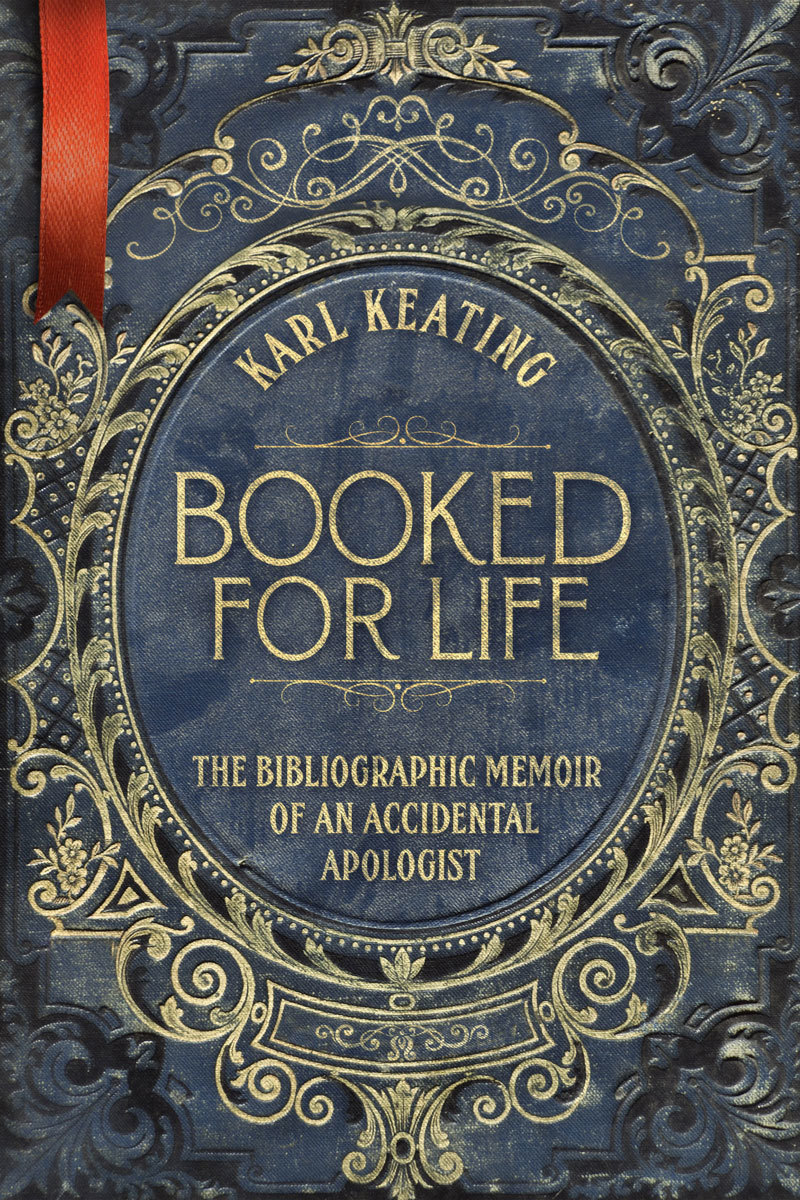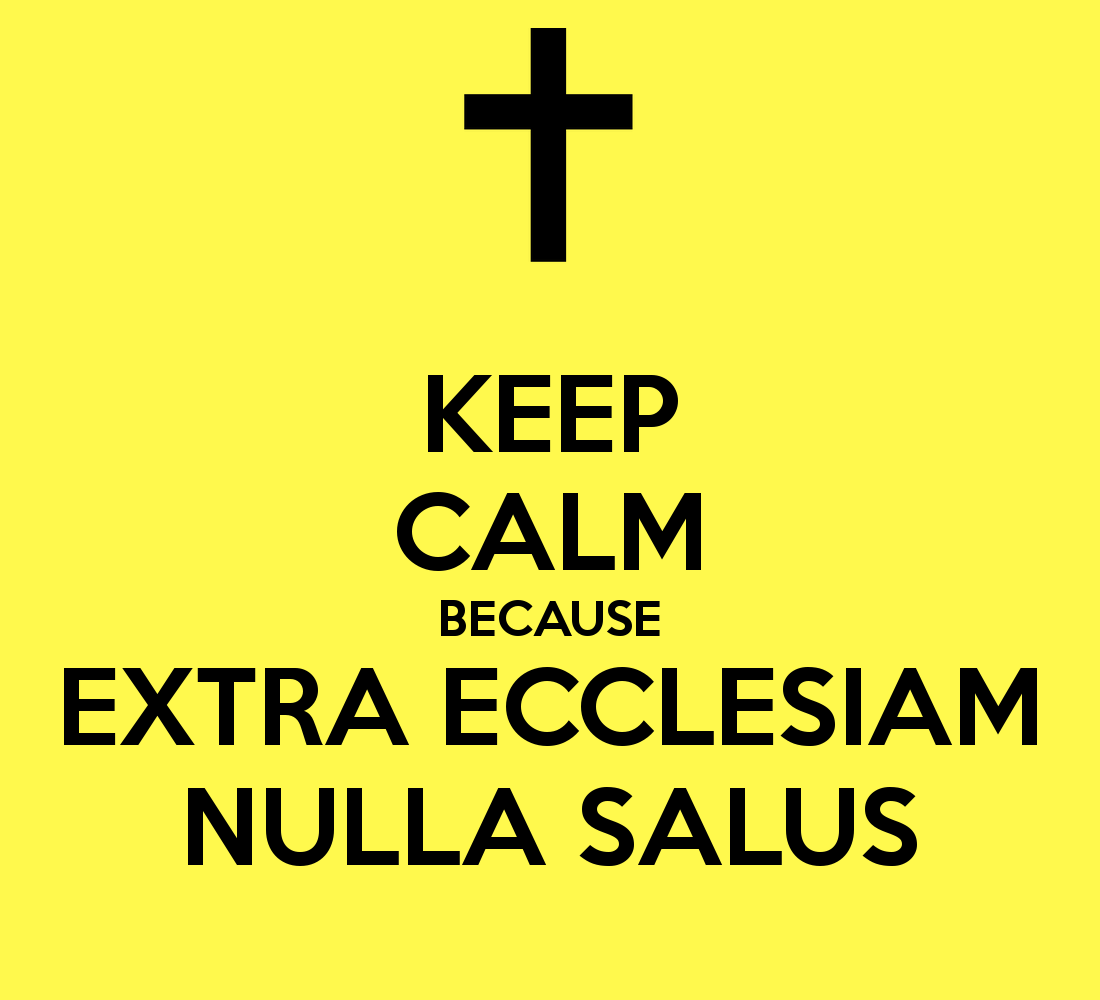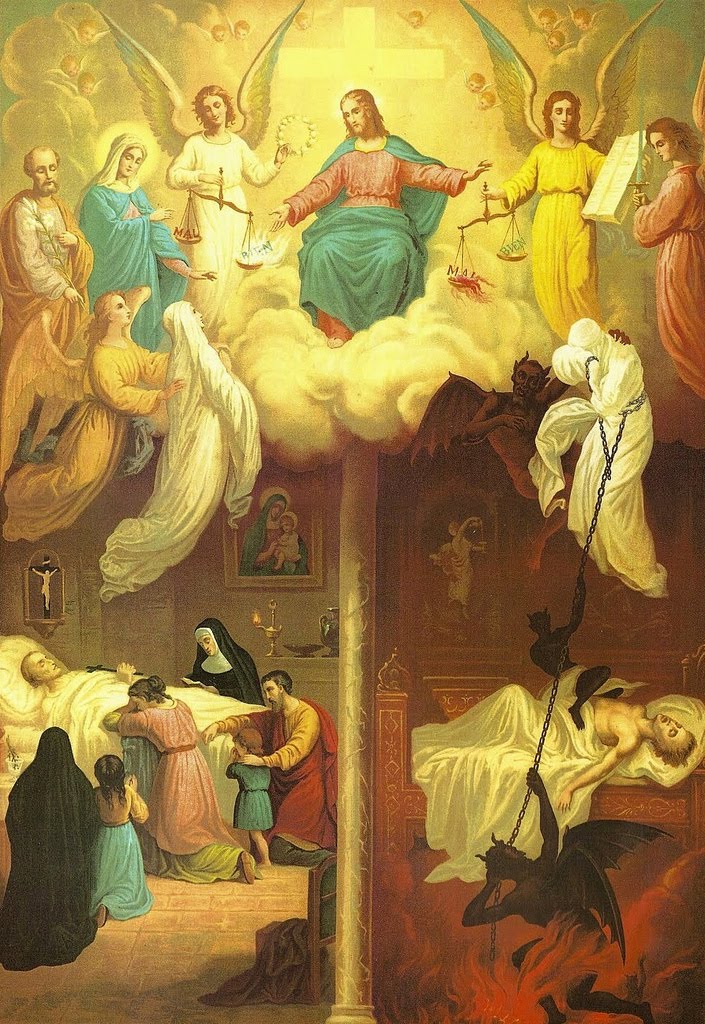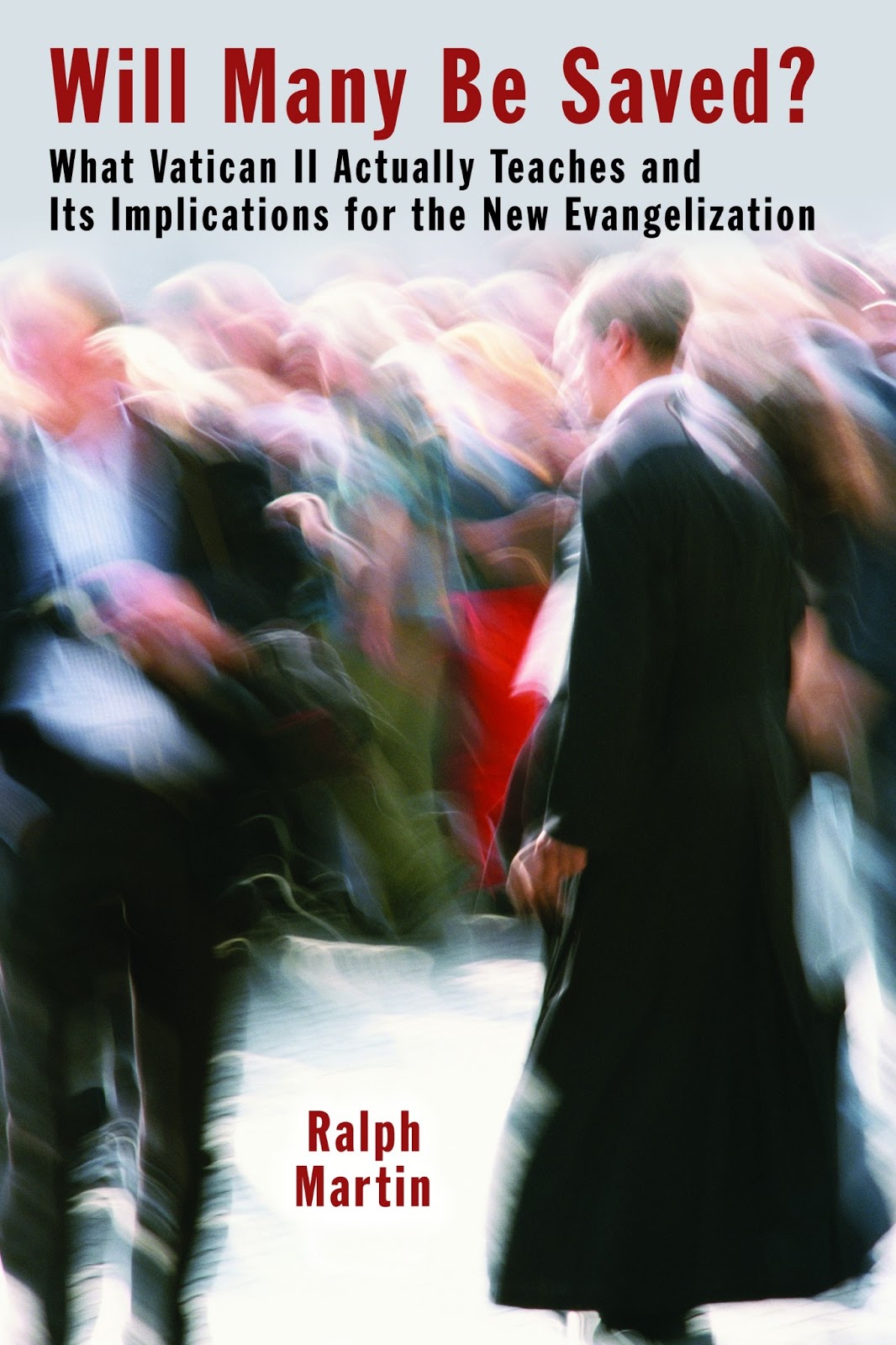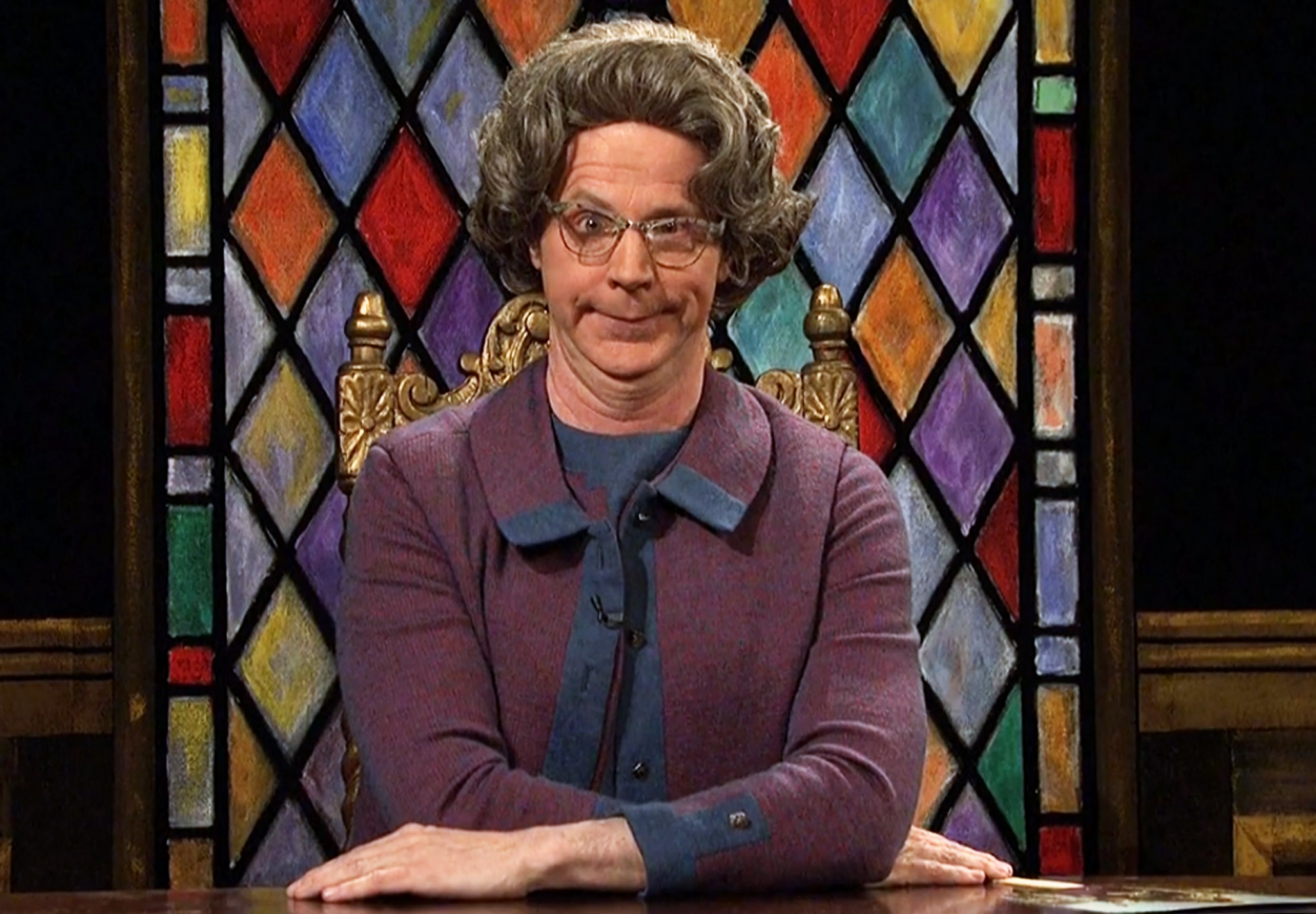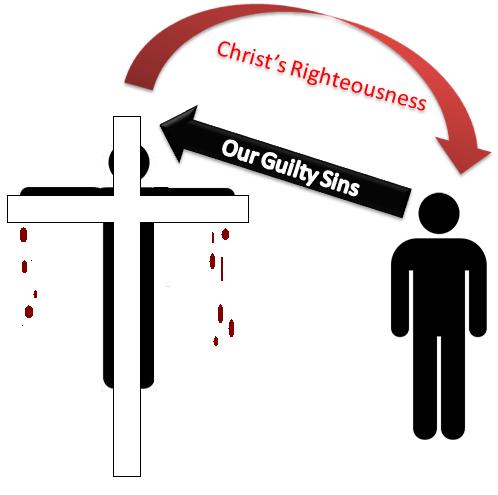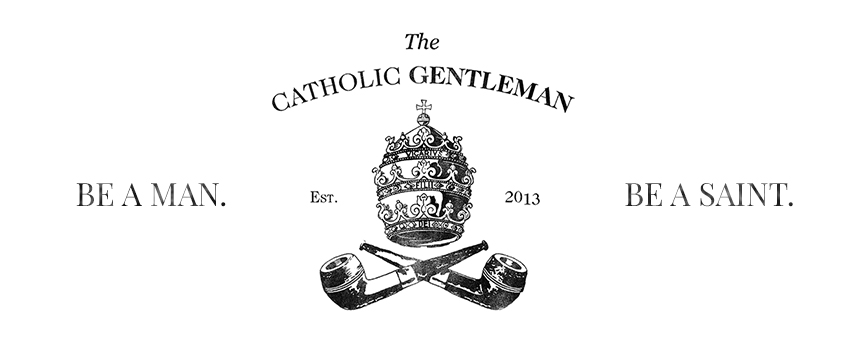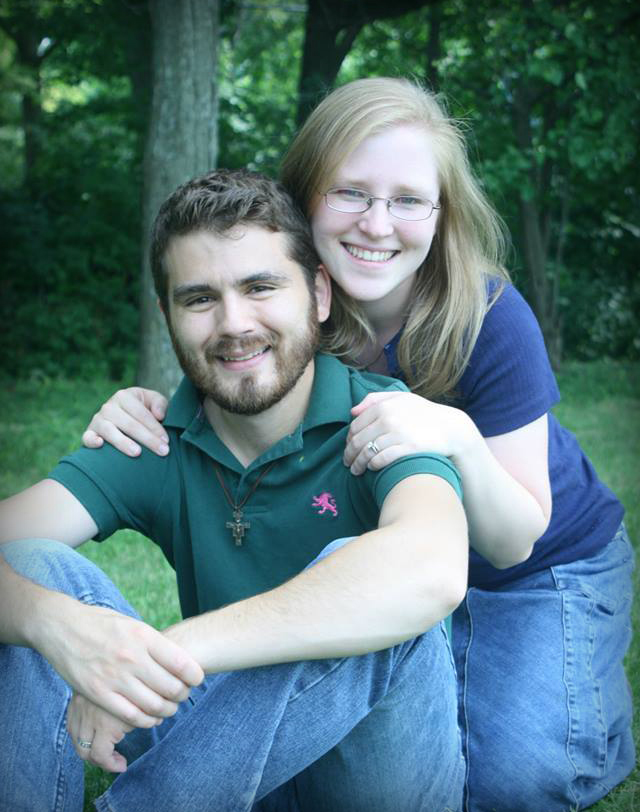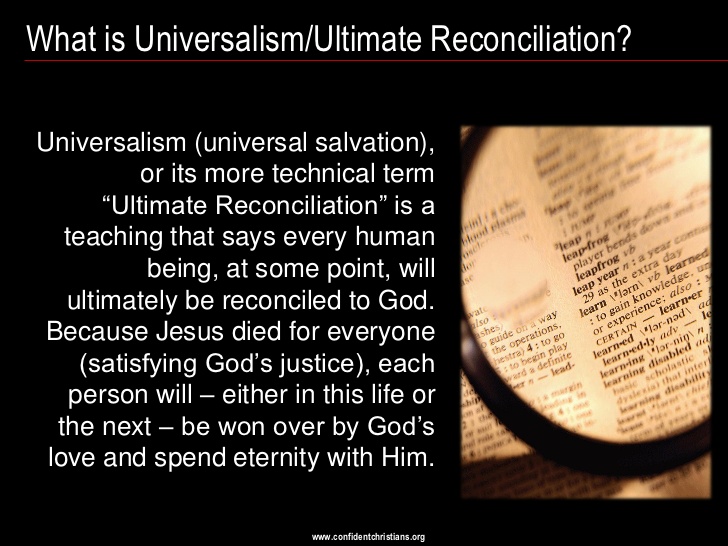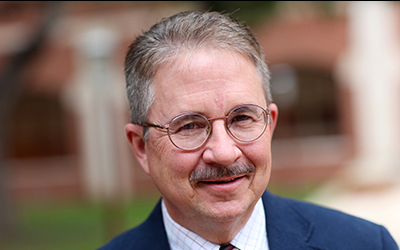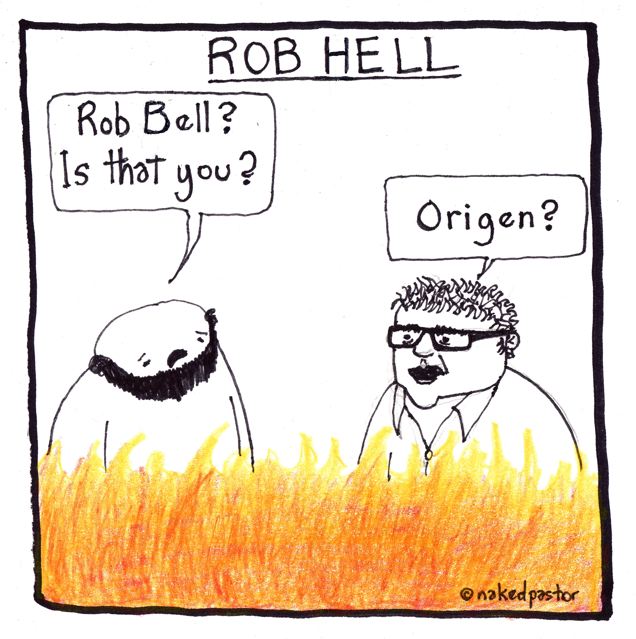
-Hell, Hortus deliciarum, 1179 AD
As the liturgical year closes, and the readings turn decidedly more apocalyptic, I thought excerpts from this essay by His Emminence Avery Cardinal Dulles, SJ, (1918-2008) might be appropriate.
“Sometimes the complaint is heard that no one preaches about hell any longer. The subject of hell, if not attractive, is at least fascinating, as any reader of Dante’s Inferno or Milton’s Paradise Lost can testify. Equally fascinating, and decidedly more pressing, is the question of how many of us may be expected to go there when we die.
As we know from the gospels, Jesus spoke many times about hell. Throughout his preaching, he holds forth two and only two final possibilities for human existence: the one being everlasting happiness in the presence of God, the other everlasting torment in the absence of God. He describes the fate of the damned under a great variety of metaphors: everlasting fire, outer darkness, tormenting thirst, a gnawing worm, and weeping and gnashing of teeth.
In the parable of the sheep and the goats, Jesus indicates that some will be condemned. The Son of man says to the goats: “Depart from Me, you cursed, into the eternal fire prepared for the devil and his angels” (Matthew 25:41). In the Gospel of John, which says comparatively little about hell, Jesus is quoted as saying: “The hour is coming when all who are in the tombs will hear [the Father’s] voice and come forth, those who have done good, to the resurrection of life, and those who have done evil, to the resurrection of judgment” (John 5:28-29).
The apostles, understandably concerned, asked: “Lord, will those who are saved be few?” Without directly answering their question Jesus replied: “Strive to enter by the narrow door; for many, I tell you, will seek to enter and not be able” (Luke 13:23-24). In the parallel passage from Matthew, Jesus says: “Enter by the narrow gate, for the gate is wide and the way is easy that leads to destruction, and those who enter by it are many. For the gate is narrow and the way is hard that leads to life, and those who find it are few” (Matthew 7:13-14). In a parable immediately following this exchange, Jesus speaks of those who try to come to the marriage feast, but are told: “Depart from Me, all you workers of iniquity. There you will weep and gnash your teeth” (Luke 13:27-28). In another parable, that of the wedding guest who is cast out for not wearing the proper attire, Jesus declares: “Many are called, but few are chosen” (Matthew 22:14). Taken in their obvious meaning, passages such as these give the impression that there is a hell, and that many go there; more, in fact, than are saved.
The New Testament does not tell us in so many words that any particular person is in hell. But several statements about Judas can hardly be interpreted otherwise. Jesus says that he has kept all those whom the Father has given Him except the son of perdition (John 17:12). At another point Jesus calls Judas a devil (John 6:70), and yet again says of him: “It would be better for that man if he had never been born” (Matthew 26:24; Mark 14:21). If Judas were among the saved, these statements could hardly be true. Many saints and doctors of the Church, including St. Augustine and St. Thomas Aquinas, have taken it as a revealed truth that Judas was reprobated. Some of the Fathers place the name of Nero in the same select company, but they do not give long lists of names, as Dante would do.
References to punishment after death in the remainder of the New Testament simply confirm the teaching of the Gospels. In the Book of Acts Paul says that those ordained to eternal life have believed his preaching, whereas those who disbelieved it have judged themselves unworthy of eternal life (Acts 13:46-48). Peter’s First Letter puts the question: “If the righteous man is scarcely to be saved, where will the impious and sinner appear?” (1 Peter 4:18). The Book of Revelation teaches that there is a fiery pit where Satan and those who follow him will be tormented forever. It states at one point: “As for the cowardly, the faithless, the polluted, as for murderers, fornicators, sorcerers, idolaters, and all liars, their lot shall be the lake that burns with fire and brimstone, which is the second death” (Revelation 21:8).
The testimony of Paul is complex. In his First Letter to the Thessalonians he speaks of the coming divine judgment, in which Jesus will inflict vengeance “upon those who do not know God and upon those who do not obey the gospel of our Lord Jesus. They shall suffer the punishment of eternal destruction and exclusion from the presence of the Lord” (1 Thessalonians 1:9-10). In his epistle to the Romans Paul says that the impenitent Jews are storing up wrath for themselves on the day of judgment (Romans 2:5). In writing to the Corinthians he distinguishes between those who are being saved by the gospel and those who are perishing because of their failure to accept it (1 Corinthians 1:18). In a variety of texts he gives lists of sins that will exclude people from the kingdom of God (1 Corinthians 6:9-10; Galatians 5:19-21; Ephesians 5:3-6). And he tells the Philippians: “Work out your salvation in fear and trembling” (Philippians 2:12).
Some passages in the letters of Paul lend themselves to a more optimistic interpretation, but they can hardly be used to prove that salvation is universal. In Romans 8:19-21 Paul predicts that “creation itself will be set free from its bondage of decay and obtain the glorious liberty of the children of God,” but the text seems to refer to the world of nature; it does not say that all human beings will achieve the glorious liberty in question. In 1 Corinthians 15:28 Paul speaks of all things being ultimately subjected to Christ, but he does not imply that subjection means salvation. He presumably means that the demonic powers will ultimately be defeated. In Philippians 2:9-10 he predicts that eventually every knee will bow to Christ and every tongue confess Him. But this need not mean a confession that proceeds from love. In the Gospels the devils proclaim that Jesus is the Holy One of God, but they are not saved by recognizing the fact.
Equally unavailing, in my opinion, are appeals to passages that say that God’s plan is to reconcile all things in Christ (Ephesians 1:10; Colossians 1:19-20). Although this is surely God’s intent, He does not override the freedom that enables men and women to resist His holy will. The same may be said of the statement that God “desires all men to be saved and come to the knowledge of the truth” (1 Timothy 2:4). Paul is apparently seeking to stimulate the apostolic zeal of missionaries who will bring the saving truth of Christ to all who do not yet believe. The absolute necessity of faith for salvation is a constant theme in the writings of Paul. I see no reason, then, for ranking Paul among the universalists.
The constant teaching of the Catholic Church supports the idea that there are two classes: the saved and the damned. Three general councils of the Church (Lyons I, 1245; Lyons II, 1274; and Florence, 1439) and Pope Benedict XII’s bull Benedictus Deus (1336) have taught that everyone who dies in a state of mortal sin goes immediately to suffer the eternal punishments of hell. This belief has perdured without question in the Catholic Church to this day, and is repeated almost verbatim in the Catechism of the Catholic Church ( CCC §1022, 1035). Several local councils in the Middle Ages, without apparently intending to define the point, state in passing that some have actually died in a state of sin and been punished by eternal damnation.
The relative numbers of the elect and the damned are not treated in any Church documents, but have been a subject of discussion among theologians. Among the Greek Fathers, Irenaeus, Basil, and Cyril of Jerusalem are typical in interpreting passages such as Matthew 22:14 as meaning that the majority will be consigned to hell. St. John Chrysostom, an outstanding doctor of the Eastern tradition, was particularly pessimistic: “Among thousands of people there are not a hundred who will arrive at their salvation, and I am not even certain of that number, so much perversity is there among the young and so much negligence among the old.”
Augustine may be taken as representative of the Western Fathers. In his controversy with the Donatist Cresconius, Augustine draws upon Matthew and the Book of Revelation to prove that the number of the elect is large, but he grants that their number is exceeded by that of the lost. In Book 21 of his City of God he rebuts first the idea that all human beings are saved, then that all the baptized are saved, then that all baptized Catholics are saved, and finally that all baptized Catholics who persevere in the faith are saved. He seems to limit salvation to baptized believers who refrain from serious sin or who, after sinning, repent and are reconciled with God.
The great Scholastics of the Middle Ages are not more sanguine. Thomas Aquinas, who may stand as the leading representative, teaches clearly in the Summa Theologiae that God reprobates some persons. A little later he declares that only God knows the number of the elect. But Thomas gives reasons for thinking that their number is relatively small. Since our human nature is fallen, and since eternal blessedness is a gift far beyond the powers and merits of every created nature, it is to be expected that most human beings fall short of achieving that goal.
The leading theologians of the baroque period follow suit. Francisco Suarez, in his treatise on predestination, puts the question squarely: How many are saved? Relying on the Gospel of Matthew, St. John Chrysostom, St. Augustine, and Pope St. Gregory, he proposes the following estimation. If the question is asked about all men living between the creation and the end of the world, the number of the reprobate certainly exceeds that of the elect. This is to be expected because God was not rightly known before the coming of Christ, and even since that time many remain in darkness. If the term “Christian” is taken to include heretics, schismatics, and baptized apostates, it would still appear that most are damned. But if the question is put about those who die in the Catholic Church, Suarez submits his opinion that the majority are saved, since many die before they can sin mortally, and many others are fortified by the sacraments.
Suarez is relatively optimistic in comparison with other Catholic theologians of his day. Peter Canisius and Robert Bellarmine, for example, were convinced that most of the human race is lost.
Several studies published by Catholics early in the twentieth century concluded that there was a virtual consensus among the Fathers of the Church and the Catholic theologians of later ages to the effect that the majority of humankind go to eternal punishment in hell. Even if this consensus be granted, however, it is not binding, because the theologians did not claim that their opinion was revealed, or that to take the opposite view was heretical. Nor is the opinion that most people attain salvation contradicted by authoritative Church teaching.
Mention should here be made of a minority opinion among some of the Greek Fathers. Clement of Alexandria, Origen, Gregory Nazianzen, and Gregory of Nyssa sometimes speak as though in the end all will be saved. Origen, the most prominent representative of this view, is generally reported as teaching that at the end of time, the damned, now repentant and purified, will take part in the universal restoration of all things (apokatastasis). Three centuries after Origen’s death his views on this and several other topics were condemned by a local council of Constantinople convened by the Emperor Justinian in a.d. 563. Even in his lifetime, however, Origen claimed that his adversaries had misunderstood or misrepresented him. A number of distinguished scholars down through the centuries have defended his orthodoxy on the fate of the damned. The doctrine of the eternity of hell has been firmly in place at least since the seventh century, and is not subject to debate in the Catholic Church.
About the middle of the twentieth century, there seems to be a break in the tradition. Since then a number of influential theologians have favored the view that all human beings may or do eventually attain salvation. Some examples may be illustrative.
In a “reverie” circulated among friends but not published until after his death, the philosopher Jacques Maritain included what he called a “conjectural essay” on eschatology, in which he contemplates the possibility that the damned, although eternally in hell, may be able at some point to escape from pain. In response to the prayers of the saints, he imagines, God may miraculously convert their wills, so that from hating Him they come to love Him. After being pardoned, they will then be delivered from the pain of sense and placed in a kind of limbo. They will still be technically in hell, since they will lack the beatific vision, but they will enjoy a kind of natural felicity, like that of infants who die without baptism. At the end, he speculates, even Satan will be converted, and the fiery inferno, while it continues to exist, will have no spirits to afflict. This, as Maritain acknowledged, is a bold conjecture, since it has no support in Scripture or tradition, and contradicts the usual understanding of texts such as the parable of the Last Judgment scene of Matthew. But the theory has the advantage of showing how the Blood of Christ might obtain mercy for all spiritual creatures, even those eternally in hell.
Karl Rahner, another representative of the more liberal trend, holds for the possibility that no one ever goes to hell. We have no clear revelation, he says, to the effect that some are actually lost. The discourses of Jesus on the subject appear to be admonitory rather than predictive. Their aim is to persuade his hearers to pursue the better and safer path by alerting them to the danger of eternal perdition. While allowing for the real possibility of eternal damnation, says Rahner, we must simultaneously maintain “the truth of the omnipotence of the universal salvific will of God, the redemption of all by Christ, the duty of men to hope for salvation.” Rahner therefore believes that universal salvation is a possibility.
The most sophisticated theological argument against the conviction that some human beings in fact go to hell has been proposed by Hans Urs von Balthasar in his book Dare We Hope “That All Men Be Saved?” He rejects the ideas that hell will be emptied at the end of time and that the damned souls and demons will be reconciled with God. He also avoids asserting as a fact that everyone will be saved. But he does say that we have a right and even a duty to hope for the salvation of all, because it is not impossible that even the worst sinners may be moved by God’s grace to repent before they die. He concedes, however, that the opposite is also possible. Since we are able to resist the grace of God, none of us is safe. We must therefore leave the question speculatively open, thinking primarily of the danger in which we ourselves stand.
At one point in his book Balthasar incorporates a long quotation from Edith Stein, now Saint Teresa Benedicta of the Cross, who defends a position very like Balthasar’s. Since God’s all-merciful love, she says, descends upon everyone, it is probable that this love produces transforming effects in their lives. To the extent that people open themselves to that love, they enter into the realm of redemption. On this ground Stein finds it possible to hope that God’s omnipotent love finds ways of, so to speak, outwitting human resistance. Balthasar says that he agrees with Stein.
This position of Balthasar seems to me to be orthodox. It does not contradict any ecumenical councils or definitions of the faith. It can be reconciled with everything in Scripture, at least if the statements of Jesus on hell are taken as minatory rather than predictive. Balthasar’s position, moreover, does not undermine a healthy fear of being lost. But the position is at least adventurous. It runs against the obvious interpretation of the words of Jesus in the New Testament and against the dominant theological opinion down through the centuries, which maintains that some, and in fact very many, are lost.
The conviction of earlier theologians that relatively few are saved rests, I suspect, partly on the assumption that faith in Christ, baptism, and adherence to the Church are necessary conditions for salvation. The first two of these conditions are clearly set forth in the New Testament, and the third has been taught by many saints, councils, popes, and theologians. But these conditions can be interpreted more broadly than one might suspect. In recent centuries it has become common to speak of implicit faith, baptism “by desire,” and membership in the “soul” of the Church, or membership in voto (“by desire”). Vatican II declares that all people, even those who have never heard of Christ, receive enough grace to make their salvation possible.
The Church continues to insist that explicit faith, reception of the sacraments, and obedience to the Church are the ordinary means to salvation. Pius IX in the Syllabus of Errors (1864) accordingly condemned the proposition: “We should at least have good hopes for the eternal salvation of those who are in no way in the true Church of Christ.” Pius XII in his encyclical on the Mystical Body of Christ ( Mystici Corporis , 1943) taught that even those who are united to the Church by bonds of implicit desire—a state that can by no means be taken for granted—still lack many precious means that are available in the Church and therefore “cannot be sure of their salvation.” Vatican II said that anyone who knows that the Catholic Church was made necessary by Christ and refuses to enter her cannot be saved. If we accept these teachings, we will find it unlikely that everyone fulfills the conditions for salvation.
Pope John Paul II in his Crossing the Threshold of Hope mentions the theory of Balthasar. After putting the question whether a loving God can allow any human being to be condemned to eternal torment, he replies: “And yet the words of Christ are unequivocal. In Matthew’s Gospel he speaks clearly of those who will go to eternal punishment (cf. Matthew 25:46).” As justification for this assessment the Pope puts the rhetorical question: Can God, Who is ultimate justice, tolerate terrible crimes and let them go unpunished? Final punishment would seem to be necessary to reestablish the moral equilibrium in the complex history of humanity.
In a General Audience talk of July 28, 1999, the Pope seems to have shifted his position, adopting in effect that of Balthasar. According to the English version of the text he said:
“Christian faith teaches that in taking the risk of saying “yes” or “no,” which marks the (human) creature’s freedom, some have already said no. They are the spiritual creatures that rebelled against God’s love and are called demons (cf. Fourth Lateran Council). What happened to them is a warning to us: it is a continuous call to avoid the tragedy which leads to sin and to conform our life to that of Jesus Who lived His life with a “yes” to God.
Eternal damnation remains a possibility, but we are not granted, without special divine revelation, the knowledge of whether or which human beings are effectively involved in it. The thought of hell—and even less the improper use of biblical images—must not create anxiety or despair, but is a necessary and healthy reminder of freedom within the proclamation that the risen Jesus has conquered Satan, giving us the Spirit of God Who makes us cry “Abba, Father!” (Romans 8:15; Galatians 4:6)”
The last sentence refers to the hope of Christians for their own salvation and cannot be used to support any theory of universal salvation. But the preceding sentence indicates at least an openness to the opinion that we may hope for the salvation of all…
…They (modern theologians) grant that it is probable that some or even many do go there (hell), but they assert, on the ground that God is capable of bringing any sinner to repentance, that we have a right to hope and pray that all will be saved. The fact that something is highly improbable need not prevent us from hoping and praying that it will happen. According to the Catechism of the Catholic Church , “In hope, the Church prays for ‘all men to be saved’ (1 Timothy 2:4)” ( CCC §1821). At another point the Catechism declares: “The Church prays that no one should be lost” ( CCC §1058).
One might ask at this point whether there has been any shift in Catholic theology on the matter. The answer appears to be yes, although the shift is not as dramatic as some imagine. The earlier pessimism was based on the unwarranted assumption that explicit Christian faith is absolutely necessary for salvation. This assumption has been corrected, particularly at Vatican II. There has also been a healthy reaction against the type of preaching that revels in depicting the sufferings of the damned in the most lurid possible light. An example would be the fictional sermon on hell that James Joyce recounts in his Portrait of the Artist as a Young Man. This kind of preaching fosters an image of God as an unloving and cruel tyrant, and in some cases leads to a complete denial of hell or even to atheism.
Today a kind of thoughtless optimism is the more prevalent error. Quite apart from what theologians teach, popular piety has become saccharine. Unable to grasp the rationale for eternal punishment, many Christians take it almost for granted that everyone, or practically everyone, must be saved. The Mass for the Dead has turned into a Mass of the Resurrection, which sometimes seems to celebrate not so much the resurrection of the Lord as the salvation of the deceased, without any reference to sin and punishment. More education is needed to convince people that they ought to fear God Who, as Jesus taught, can punish soul and body together in hell (cf. Matthew 10:28).
The search for numbers in the demography of hell is futile. God in His wisdom has seen fit not to disclose any statistics. Several sayings of Jesus in the Gospels give the impression that the majority are lost. Paul, without denying the likelihood that some sinners will die without sufficient repentance, teaches that the grace of Christ is more powerful than sin: “Where sin increased, grace abounded all the more” (Romans 5:20). Passages such as these permit us to hope that very many, if not all, will be saved.
All told, it is good that God has left us without exact information. If we knew that virtually everybody would be damned, we would be tempted to despair. If we knew that all, or nearly all, are saved, we might become presumptuous. If we knew that some fixed percent, say fifty, would be saved, we would be caught in an unholy rivalry. We would rejoice in every sign that others were among the lost, since our own chances of election would thereby be increased. Such a competitive spirit would hardly be compatible with the gospel. (Ed. Humans? React irrationally? PUHLEASE!!!) 🙂
We are forbidden to seek our own salvation in a selfish and egotistical way. We are keepers of our brothers and sisters. The more we work for their salvation, the more of God’s favor we can expect for ourselves. Those of us who believe and make use of the means that God has provided for the forgiveness of sins and the reform of life have no reason to fear. We can be sure that Christ, Who died on the Cross for us, will not fail to give us the grace we need. We know that in all things God works for the good of those who love Him, and that if we persevere in that love, nothing whatever can separate us from Christ (cf. Romans 8:28-39). That is all the assurance we can have, and it should be enough.”
–https://www.firstthings.com/article/2003/05/the-population-of-hell
Love, with great faith in His love & mercy. To Whom else shall we go? Never deny what God can do, for you, for me, for the most manifest of sinners. His mercy is beyond our comprehension/understanding, as is His might!!! 🙂
Matthew


